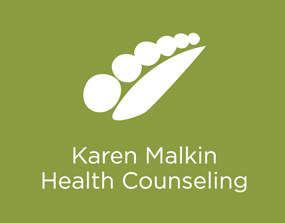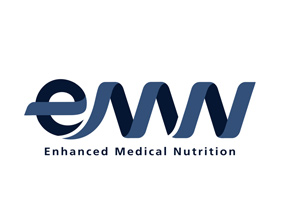- You can get an estimate of your risk for a heart attack or stroke with an online heart health calculator;
- The factors used to calculate your heart health can be modified through consultation with your personal physician.
I?d like to highlight this week the second of the?five numbers?that I believe every adult should know about their own health status. This is your? cardiovascular risk score. This number helps to provide a 10-year risk estimate for developing a significant cardiovascular problem such as a heart attack or stroke.
cardiovascular risk score. This number helps to provide a 10-year risk estimate for developing a significant cardiovascular problem such as a heart attack or stroke.
I believe the number is extremely useful because it provides data that can then be used to guide actionable steps that you could take in conjunction with consultation from your personal physician. Heart disease is the?leading cause of death among U.S. adults, and you can take positive steps to reduce your risk.
However, there are some people who may find that they are at higher risk than what they had previously thought, and this knowledge could be upsetting to them. If you?re the type of person who can get anxiety over learning medical test results, I would still recommend that you know this number but do so only by first consulting your personal physician for guidance.
Heart Health Risk Comes From A Combination Of Several Factors
Current knowledge about heart health and risk factor for heart disease shows that it is a combination of several key factors. The American Heart Association?s?cardiovascular risk calculator?has several different types of inputs that are combined to arrive at your risk score.
You?ll need to know your blood pressure as well as some information obtained from common blood tests. The calculator will also take into account whether you?re now or ever have been a smoker, and whether you?re on a medication called a ?statin?.
Use Your Score To Help You Take Action
?My feeling is that this type of knowledge is very powerful. If for example you are found to have a moderate or significantly elevated risk, you will then want to work closely with your personal physician to help modify the factors that are increasing your risk. Dietary modifications, exercise changes, and medications can be used effectively to help improve the negative factors that are contributing to your risk.
Consult Your Physician Before Checking Your Score If You Tend To Get Nervous About Test Results
Some people have a personality that leads them to become very anxious upon learning health test results, especially if the results are unexpected or negative. You probably know if you?re one of these types of people or not.
If this description tends to fit who you are, I would strongly recommend that you consult your personal physician before you learn your cardiac risk score. The great value of working with your personal physician is that she or he can help put context and meaning behind any medical test.
Knowledge is definitely power when it comes to heart health.
Click here for full podcast playlist.













